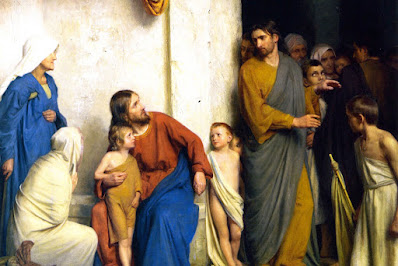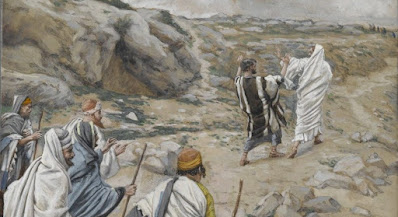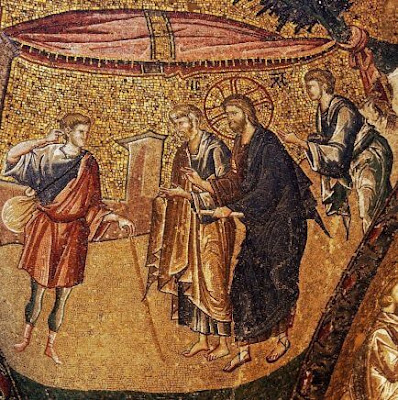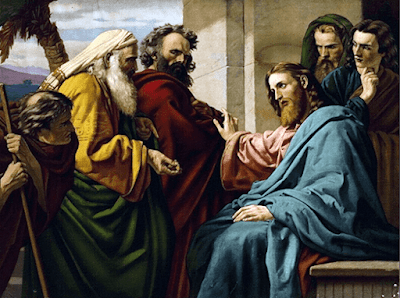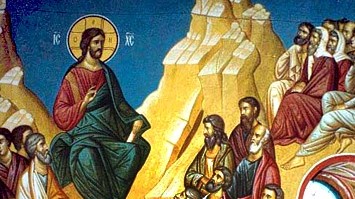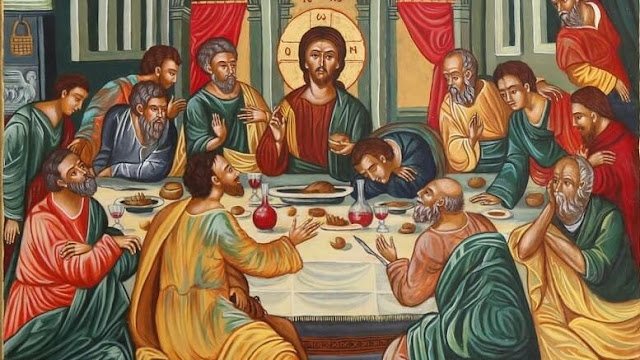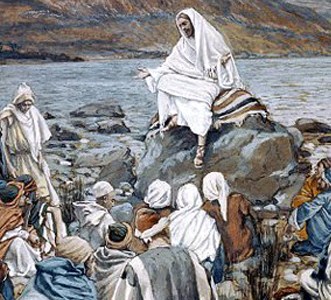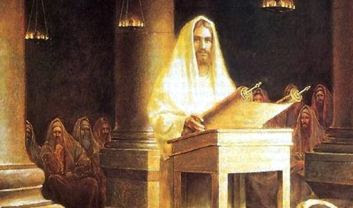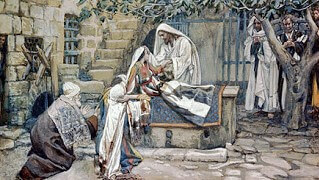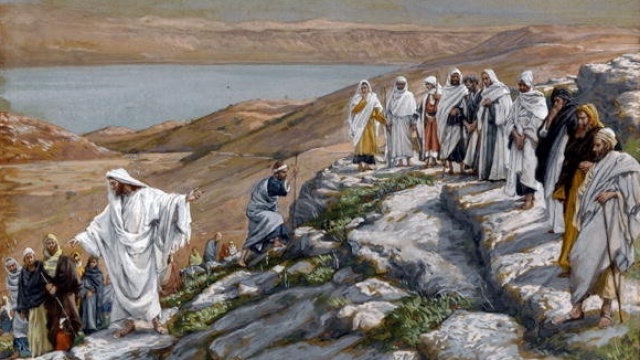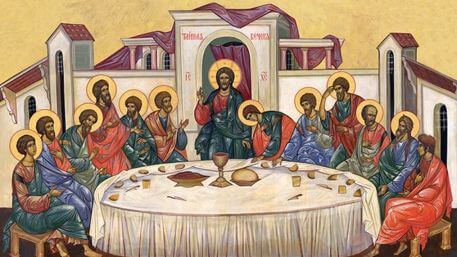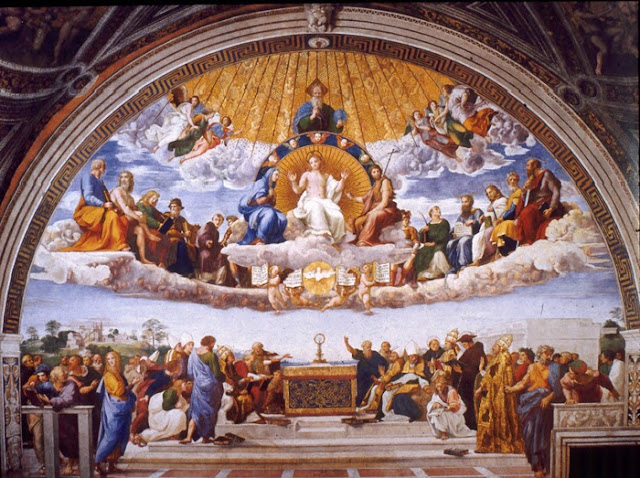Homily for the 29th Sunday in Ordinary Time, October 17, 2021, Year B
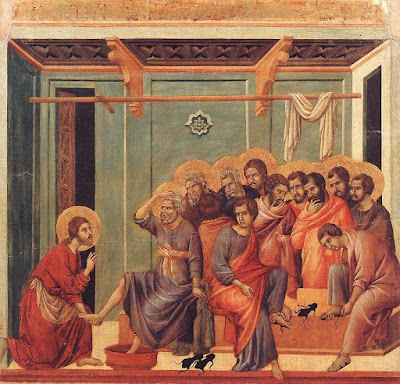
Fr. René J. Butler, M.S. La Salette Missionaries of North America Hartford, Connecticut ( Click here for Sunday’s readings ) Successor of the Prince of the Apostles. Sovereign of the Vatican City State. Primate of Italy. Archbishop and Metropolitan of the Roman Province. Bishop of Rome. Supreme Pontiff of the Universal Church. Vicar of Jesus Christ. There can be no doubt as to who is being described by this impressive list of titles. The ambitions of James and John don’t even come close. Still, you’ve got to give them credit. Although by this point Jesus has already predicted his passion three times, the third coming immediately before today’s Gospel, James and John seem to be in a state of denial. All they can see is that Jesus is the Messiah, the real deal, destined for glory, and they want to be part of that, to be great by association. No time like the present, then, to jockey for position, to set themselves up to share the honors in a place of privilege. Jesus basically w



